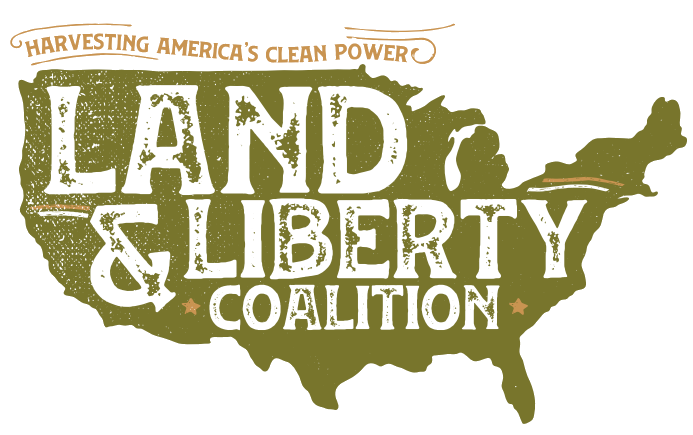ohio landowners: solar resources
Learn more about leasing your land for solar energy.
Find Helpful Resources and Solar Facts
What is it like being a Landowner?
Deciding to lease your land for a solar project is a big decision for landowners and their families, but it is important that it remains their decision to make. Government should not interfere with a landowner’s property rights and restrict their decision to utilize their land in a way that works best for their family. Here are a few pros and cons to keep in mind when considering a land lease:
Pros:
Generates a steady income for farmers and landowners. While most farmers and landowners prepare for the ups and downs in agriculture and commodity price instability, having a reliable, steady second stream of income is a great help for families.
Preserves Agricultural Land. Solar energy helps preserve and restore farmland, which can be even more productive in the future after years of rest and regeneration. Bees and other pollinators are an essential aspect of crop production and are disappearing from our landscape. By installing native flowers and plants beneath ground-mounted solar arrays, they become pollinator-friendly places and support critical habitats. Not only will this benefit future crop yield, but it will also prevent erosion and contribute to biodiversity.
Helps keep family farms in the family. As younger generations find work outside the family farm, having a reliable revenue stream can help keep the farm in the family while the next generation pursues their own passions. The additional revenue to the local community can also help build new amenities in rural communities that can attract generations back home to live and raise their own family.
Promotes sustainable farming practices. Although farmers are the original conservationists, they are often under a public microscope. Participating in activities that help reduce the carbon footprint of the farm is helpful for the agriculture industry and underscores a farmer’s commitment to the land.
Enables the Land to be Used for Other Operations. Solar energy not only provides a new “cash crop” for farmers but enables opportunities for land to have dual income streams by growing crops under solar panels or grazing livestock on the same land. “Agrivoltaics” is the term commonly used for these integrated solar/agriculture practices that serve as a sustainable approach to conserving farmland, supporting farmers and providing a drought-proof revenue stream thanks to solar leases.
Helps Keeps Energy Costs Low. Renewable energy like wind and solar are the least-cost energy resources. By leasing land for solar projects, landowners and their neighbors will benefit from the hedge against increased utility bills.
Prevents Ag Land from Being Paved Over and Lost Forever. Solar energy projects help preserve and protect farmland by ensuring the land remains agricultural land instead of being paved over permanently for other development. The United States has lost more than 11 million acres of farmland to development over the last 20 years, according to the American Farmland Trust. Data shows that agricultural land is increasingly being developed for other uses, which threatens the integrity of local and regional food systems. The loss of farmland to low-density residential development at the edge of urban and suburban areas is a prime culprit in the permanent loss of farmland.
Cons:
Involves a Long-Term Commitment. Many lease agreements are 20-30 years, which can seem daunting. However, leasing land to a solar company does allow the soil to recover from agricultural operations when it sits fallow for the duration of the lease.
Selling Your Property: Consult a real estate expert to learn how a long-term lease can impact future sales of the property. The lease is often viewed as a positive by potential buyers because it is ready-made income, but you will want to understand how the transition works.
Your Property Rights Matter
Whether a solar lease makes sense for your land or not should remain your decision, not the government’s:
Farmers and landowners know their land best and are positioned to be the best stewards of their own land.
Local governments should not take away landowner rights by restricting what type of crop they grow on their land, including wind and solar.
Renewable energy provides an opportunity to bring younger generations back to the family farm, and helps keep it in the family for years to come.
As new jobs and amenities are created in rural parts of the state thanks to renewable energy development, younger generations that grew up on family farms may come back home as job opportunities and local amenities increase.
Efforts to ban renewable energy development, are in fact banning the rights closest to your home – your land rights.
Let’s keep property decisions in the rightful hands of landowners, and make sure we keep Ohio open for economic prosperity.

